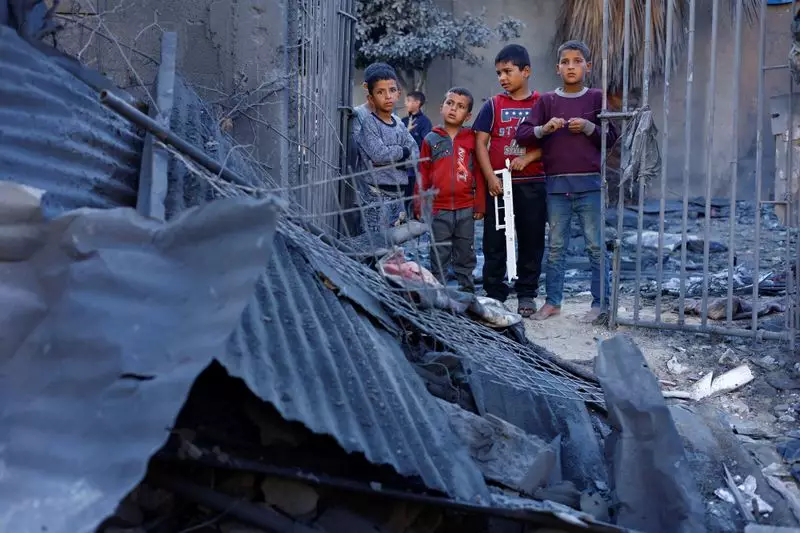
In what should have been a moment of relief for war-weary Gazans, the reopening of banks has instead become a source of fresh frustration. As the guns fall silent after recent hostilities, residents are discovering that financial institutions may have reopened their doors, but their vaults remain distressingly empty.
The Empty Teller Windows
Across the Gaza Strip, long queues form outside bank branches daily, only for people to be turned away empty-handed. The cash shortage has reached critical levels, leaving thousands unable to access their salaries, savings, or transfer funds.
"We waited for the banks to reopen, thinking our financial troubles would ease," shares Ahmed, a schoolteacher who hasn't received his salary in months. "Now we find the banks are open but there's no money to give us."
Economic Paralysis Deepens
The cash crisis compounds an already dire economic situation in the coastal enclave. With businesses destroyed and livelihoods shattered during the conflict, the inability to access funds has created a perfect storm of financial hardship.
- Employees cannot withdraw salaries
- Business owners cannot access capital
- Families struggle to buy basic necessities
- Economic recovery remains stalled
Humanitarian Impact Worsens
Beyond the immediate financial implications, the banking crisis threatens to undermine the fragile humanitarian situation. Without access to cash, many families cannot purchase food, medicine, or begin rebuilding their damaged homes.
"This isn't just about money—it's about survival," explains a local aid worker. "People need cash to start putting their lives back together, and the current banking situation makes that nearly impossible."
As international aid organizations scramble to address immediate needs, the banking crisis presents a systemic challenge that requires urgent attention from financial authorities and international stakeholders alike.





